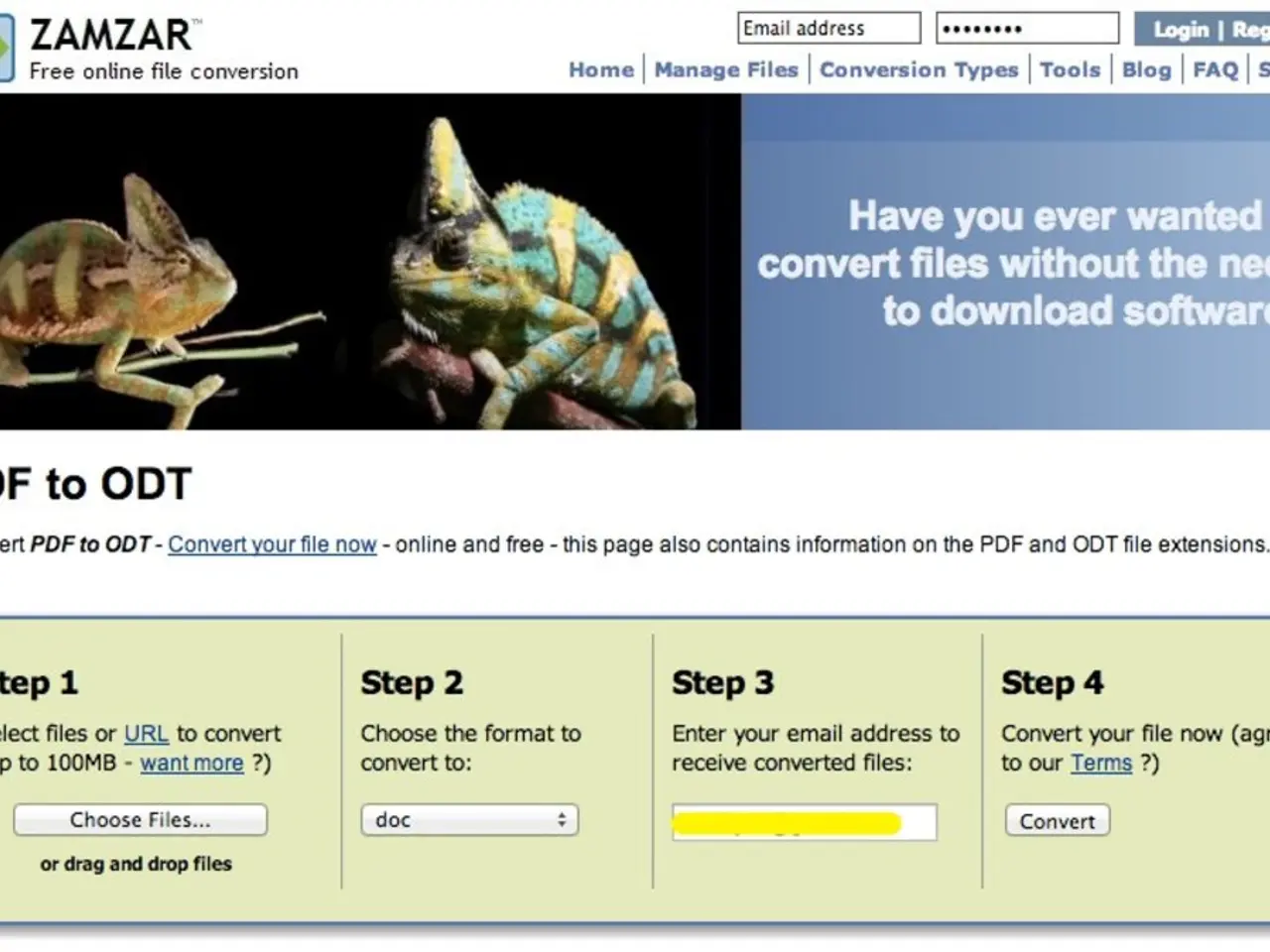Online childcare product sales often fall short on providing essential safety details, according to an EU probe.
The European Commission, in collaboration with the Consumer Safety Network, recently conducted a wide-ranging inspection to ensure the safety and traceability of baby and childcare products sold online. The campaign, which ran from April 1 to May 15, 2025, aimed to improve the safety of products on major platforms such as SHEIN and TEMU.
During the campaign, over 1,700 childcare product offers were reviewed across 47 online marketplaces. The findings were not entirely satisfactory, with only 52% of the listings complying with the General Product Safety Regulation (GPSR) by providing all necessary manufacturer information. Furthermore, 42% of the listings failed to provide any information about an authorized representative within the EU.
The campaign also found that some of the provided information was inaccurate or misleading. A concerning aspect was that 21% of the recipients failed to respond to the notifications. The non-compliance extended to the platforms themselves, with 47% of them not registering a contact point on the Safety Gate portal.
The authorities took immediate action, issuing 252 notifications about dangerous products to online marketplaces during the campaign. Over 250 unsafe baby products, including carriers, slings, and walkers, were ordered removed from online sale. Some of these products, such as recalled items, were still being sold despite being legally required to be taken down.
The European Commission preliminarily found TEMU in breach of its obligations under the Digital Services Act (DSA) for failing to properly assess and mitigate the risks of illegal and unsafe products. The Commission warned TEMU that its risk assessments were insufficient and indicated possible fines up to 6% of its worldwide turnover if non-compliance continues.
The authorities also applied the Product Safety Regulation and the DSA to require online marketplaces to proactively manage product safety risks, remove illegal products, and provide clear safety information to consumers. This is a significant step towards protecting vulnerable groups such as babies and young children.
Despite these efforts, 10 cases were documented where dangerous items reappeared after being removed. Moreover, 34% of online platforms failed to inform the relevant authorities about the actions taken after receiving safety alerts.
The Consumer Protection Service will continue monitoring online product listings and take necessary measures to enforce the GPSR. The authorities are determined to maintain a rigorous and ongoing commitment to improving the safety of baby and childcare products sold on large global e-commerce platforms within the EU market. Platforms like SHEIN and TEMU are expected to comply with these rules or face significant penalties for non-compliance.
In the course of the European Commission's inspection, it was found that a considerable number of health-and-wellness products, specifically childcare items, were non-compliant with the General Product Safety Regulation (GPSR) on online platforms like SHEIN and TEMU. The European Commission, in its pursuit of ensuring health and safety, has applied the Product Safety Regulation and the Digital Services Act (DSA) to compel these platforms to proactively manage product safety risks, remove illegal products, and provide clear safety information to consumers, particularly protecting vulnerable groups such as babies and young children.




